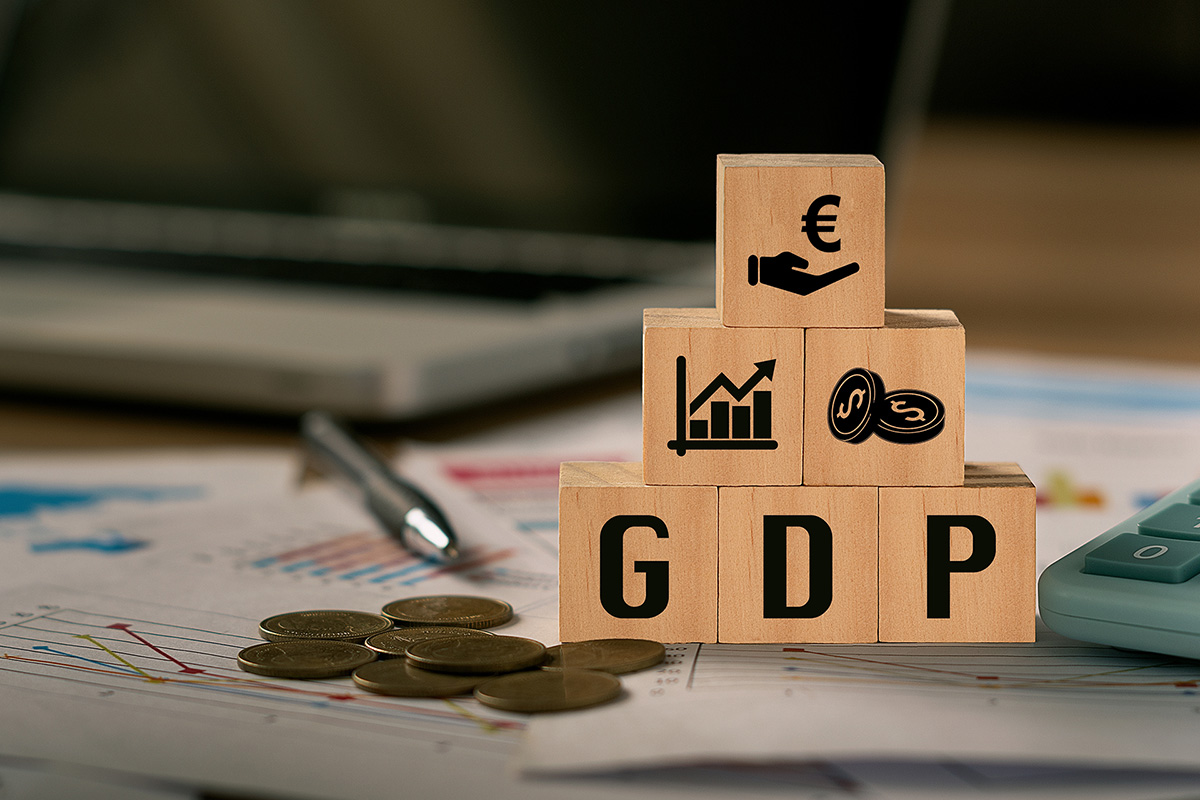

Finance
Currency Depreciation Definition
Published: November 6, 2023
Learn the meaning of currency depreciation in finance and its impact on the economy. Find out how changes in exchange rates affect international trade and investments.
(Many of the links in this article redirect to a specific reviewed product. Your purchase of these products through affiliate links helps to generate commission for LiveWell, at no extra cost. Learn more)
Understanding Currency Depreciation: A Guide for Investors
Welcome to the “Finance” category on our blog! In this post, we will explore the concept of currency depreciation and its implications for investors. If you’ve ever wondered how changes in currency values impact international trade, exchange rates, and investments, you’re in the right place. Let’s delve into the world of currency depreciation and uncover key insights that can help you navigate the complex landscape of global finance.
Key Takeaways:
- Currency depreciation refers to a decrease in the value of one currency relative to another currency, usually caused by economic factors or market forces.
- This phenomenon can have profound effects on international trade, foreign investments, inflation rates, and more.
What is Currency Depreciation?
Currency depreciation is the term used to describe a decrease in the value of one currency compared to another currency. In simpler terms, it means that you’ll need more units of a particular currency to buy the same amount of goods or services. Currency depreciation often occurs due to a variety of factors, including:
- Economic Factors: Economic indicators such as inflation, interest rates, and fiscal policies can influence the value of a currency. If a country experiences high inflation or lower interest rates compared to another country, its currency may depreciate.
- Market Forces: Fluctuations in supply and demand in foreign exchange markets can also drive currency depreciation. For example, if investors lose confidence in a country’s economy, they may sell off their holdings of that currency, leading to its devaluation.
- Government Intervention: In some cases, governments intentionally depreciate their currencies to boost exports or stimulate their economies. This strategy, known as currency devaluation, aims to make exported goods cheaper and more competitive on the international market.
The Implications of Currency Depreciation
Now that we understand the concept of currency depreciation, let’s explore its implications for various aspects of the global economy:
1. International Trade:
Changes in currency values can have a significant impact on a country’s export and import dynamics. A depreciating currency makes a country’s exports more affordable for foreign buyers, potentially increasing its competitiveness in international markets. Conversely, it makes imports more expensive for domestic consumers, which may lead to reduced import demand.
2. Foreign Investments:
Currency depreciation can influence the attractiveness of a country’s investments for foreign investors. When a currency depreciates, the value of investment returns denominated in that currency decreases in the eyes of foreign investors. This can discourage foreign investment and potentially lead to capital outflows.
3. Inflation Rates:
Currency depreciation can contribute to inflation, as imported goods become more expensive. This effect is particularly pronounced in countries heavily reliant on imports for essential goods and raw materials. However, a depreciating currency can also stimulate domestic production and make exports more competitive, mitigating the inflationary pressures.
4. Tourism and Travel:
A depreciating currency can influence travel patterns as well. A weaker currency makes a country more affordable for foreign tourists, encouraging inbound tourism and boosting the local economy. Conversely, it may discourage domestic tourists from traveling abroad due to increased costs.
In Conclusion
Currency depreciation is a complex phenomenon with wide-ranging implications for international trade, investments, inflation rates, and global economic dynamics. By understanding the factors driving currency depreciation and its effects, investors can make more informed decisions and navigate the ever-changing world of finance with greater confidence.
Thank you for joining us in exploring the fascinating concept of currency depreciation. We hope you found this guide informative and insightful. Stay tuned for more discussions on finance and related topics in our blog’s “Finance” category.














